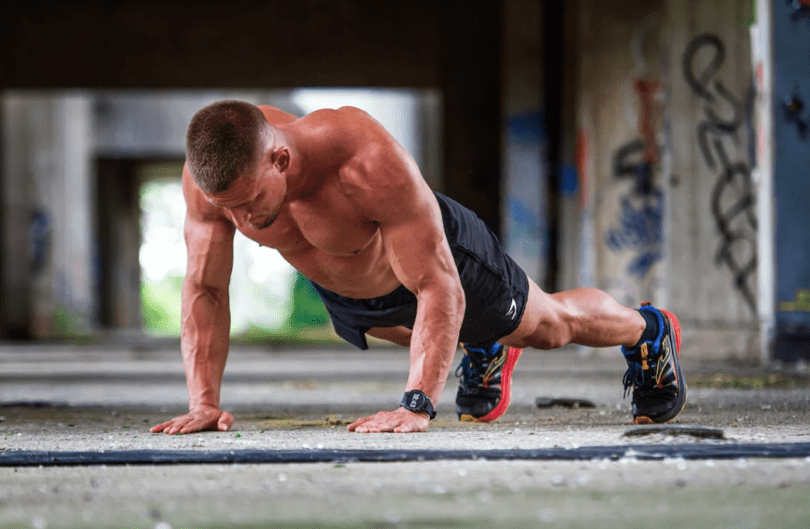Sleeping is not easy. Perhaps it is the fast paced life in the Western world, or perhaps the reason is the high stress level of the average people, resulting from repeated security events. Either way, many find themselves struggling with insomnia, in a desperate attempt to get a night of seven consecutive hours of sleep.
Everyone dreams of the best quality sleep and the list of myths on how to achieve it is long and varied.
One common myth is that physical activity in the evening will help fall asleep faster, based on the assumption that physical effort causes fatigue leading to good sleep.
But the reality is completely different says A, a sleep disorder expert.
“In practice, the effect is the opposite.
When a person says he is tired, he may mean that he is physically exhausted or that he is tired in the sense of needing sleep,” explains A. “Many confuse these situations and therefore say to themselves: ‘If I have difficulty falling asleep, I will tire myself in the evening with physical activity.’ The problem is that while the muscles get tired, the activity raises adrenaline levels in the body, activates the autonomic system and increases alertness which may actually make falling asleep harder.”
The connection between physical activity and sleep is two way.
Physical activity at the wrong times can harm sleep, but good sleep is essential for health and physical functioning, including athletic performance.
“Every professional athlete knows that before a competition he must sleep well, because quality sleep improves performance.
Many studies have shown that good sleep is essential for recovery and optimal functioning, because during sleep growth hormone is secreted, responsible for cell renewal not only in childhood, but throughout life.”
Nevertheless, many assign high importance to physical activity but underestimate the importance of sleep. “There are people who wake up early in the morning to exercise, but in fact cause themselves to sleep one hour less. Instead of sleeping six hours, they sleep five and go to the gym.
The hour they save from sleep harms the body more than the hour they spend in training.”
According to him, this is an approach that needs to change. “People attach enormous importance to nutrition and physical activity, but do not give enough weight to sleep.
You would agree that sleep is not part of most people’s health routine.
But if one already makes an effort to maintain a healthy lifestyle, it is important to give sleep its proper place.
If we talk about nutrition, one can fast.
But one cannot do a sleep strike.
The body will simply take control sleep will take control.
The body needs sleep no less than it needs food.”
So how can one combine physical activity without harming sleep quality? It is all a matter of timing. “At least two hours before bedtime, it is recommended to avoid physical activity.
Instead, one can perform relaxation exercises such as yoga and the like these can actually improve sleep quality”.
Poor sleep quality affects three main areas cognitive, mental and physical.
“Lack of sleep impairs decision making, attention, concentration and problem solving”.
Mentally, lack of sleep can cause feelings similar to depression low mood, impatience and irritability. Physical effects are also significant.
“Physically, lack of sleep weakens the immune system and this is supported by many studies. Insomnia also affects obesity, because it disrupts hormones responsible for satiety and hunger. Therefore, people suffering from sleep deprivation tend to gain weight or struggle to lose it not necessarily because they eat more, but because their metabolism is impaired.”
It is important to distinguish between short-term insomnia, resulting from stressful events lasting between one and three weeks and long term insomnia, lasting over three months and occurring at least three times a week, About 30% of people over 35 experience a long period of insomnia at least once in their life, and the problem is more common among adults.
Another surprising statistic is that women suffer from insomnia two and a half times more than men.

